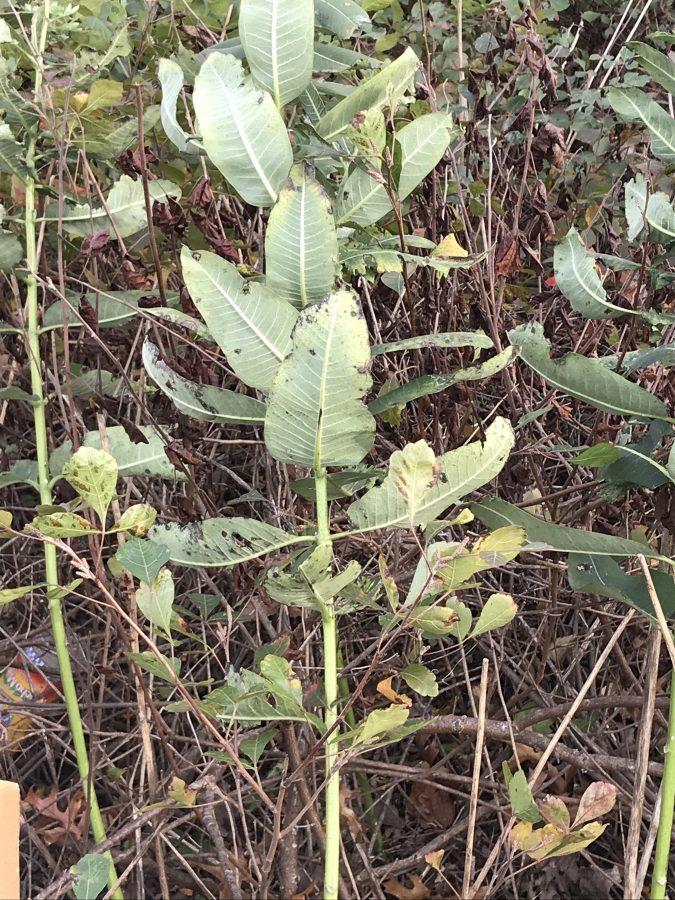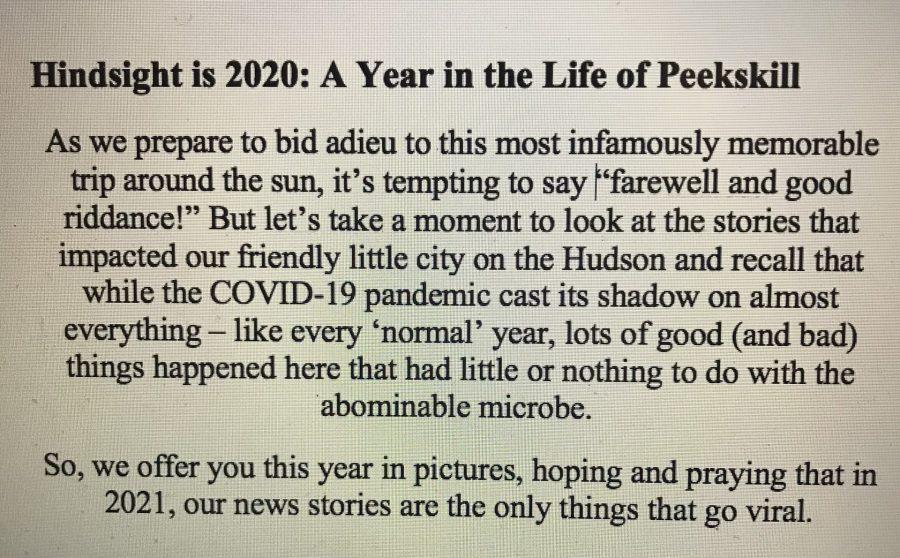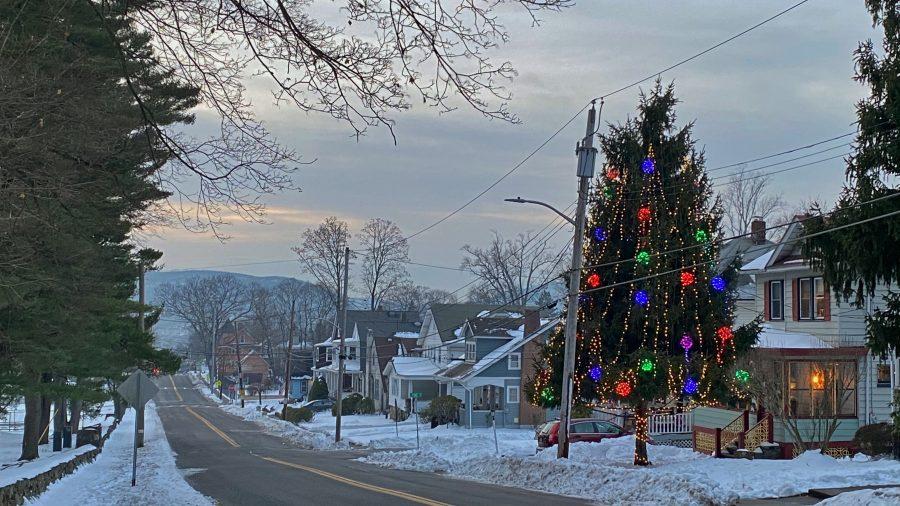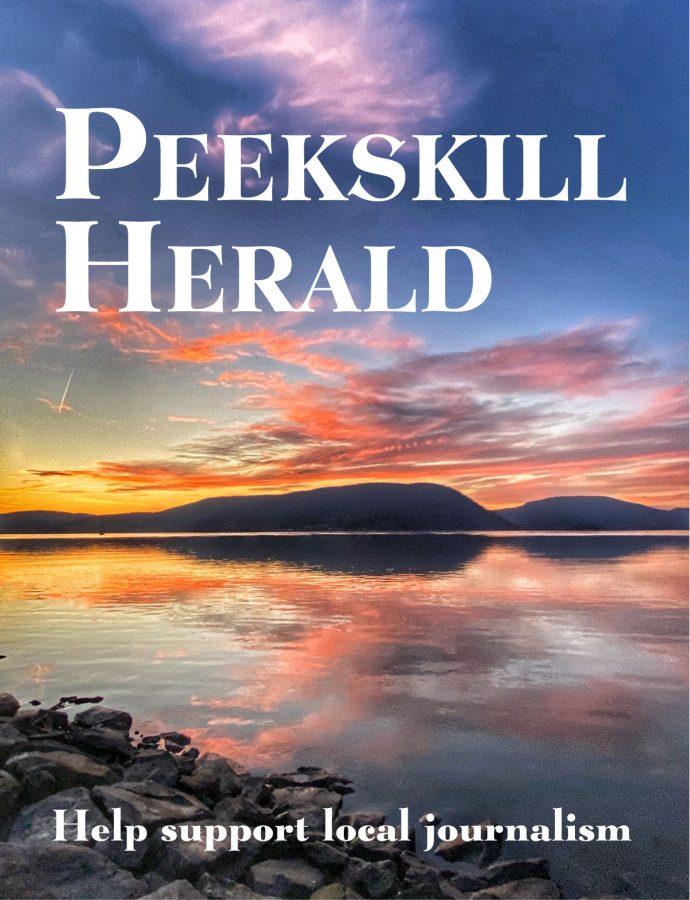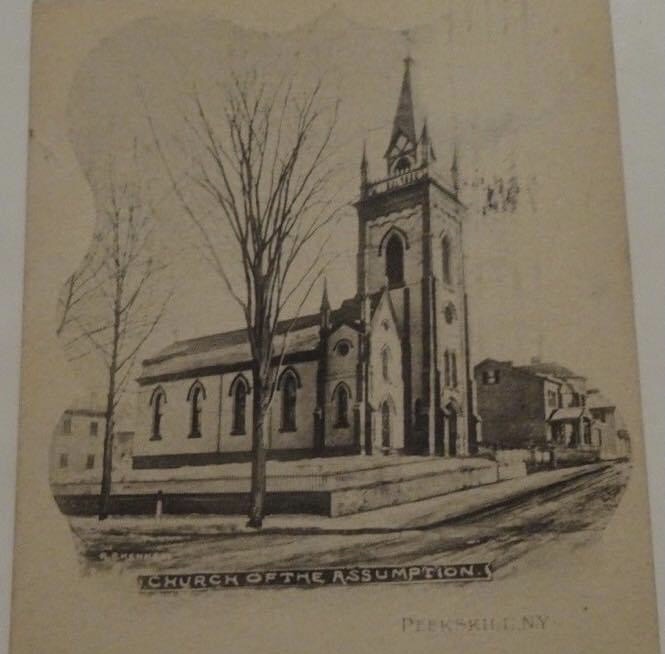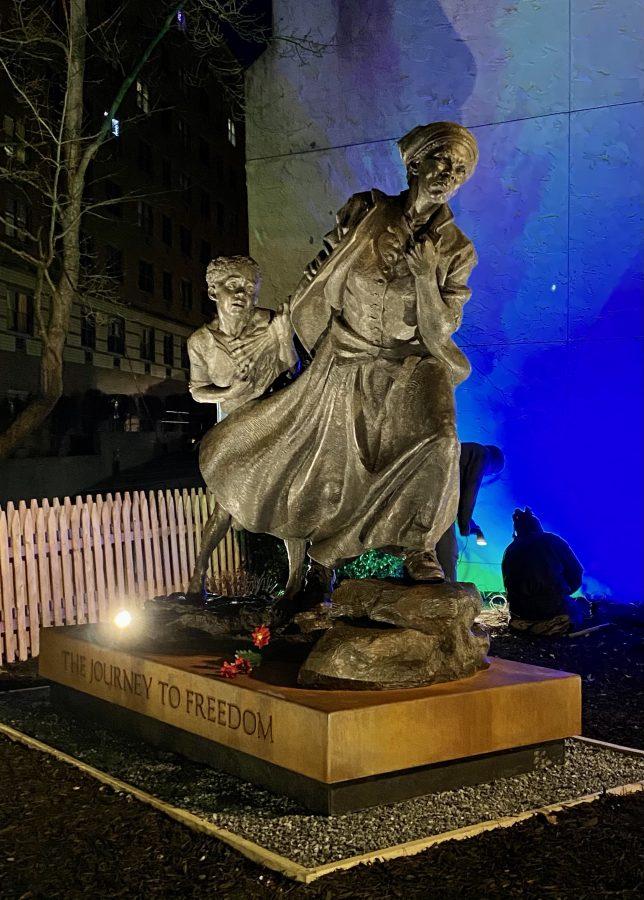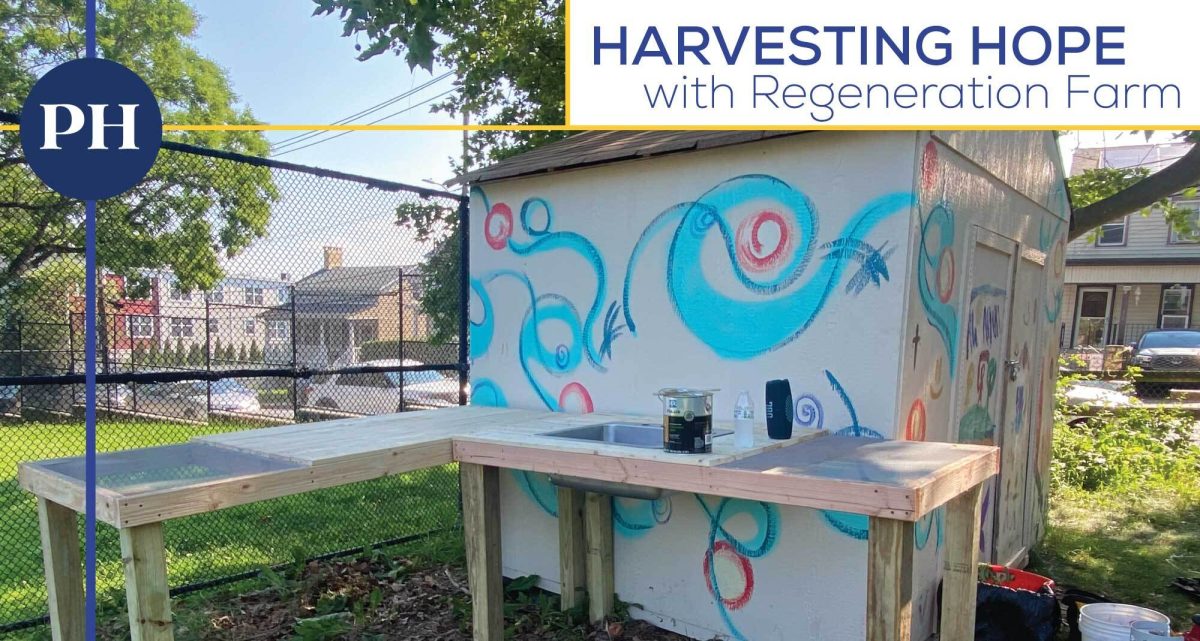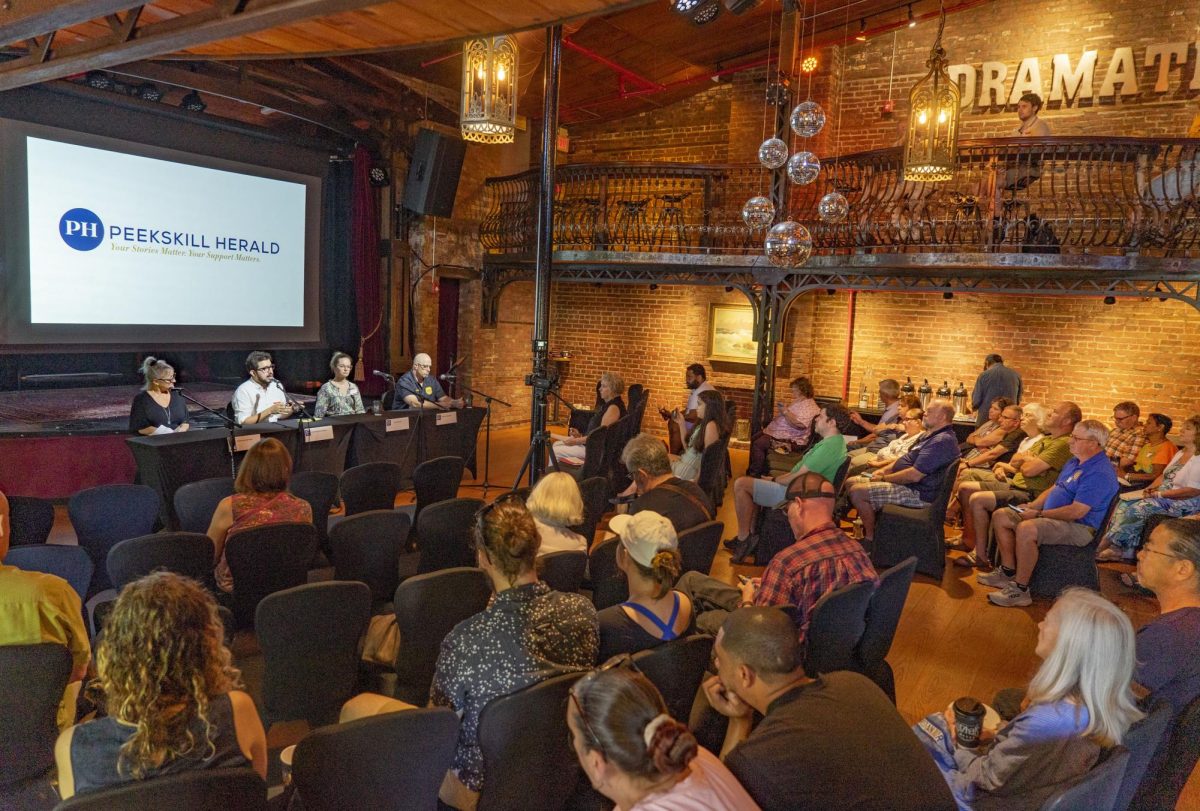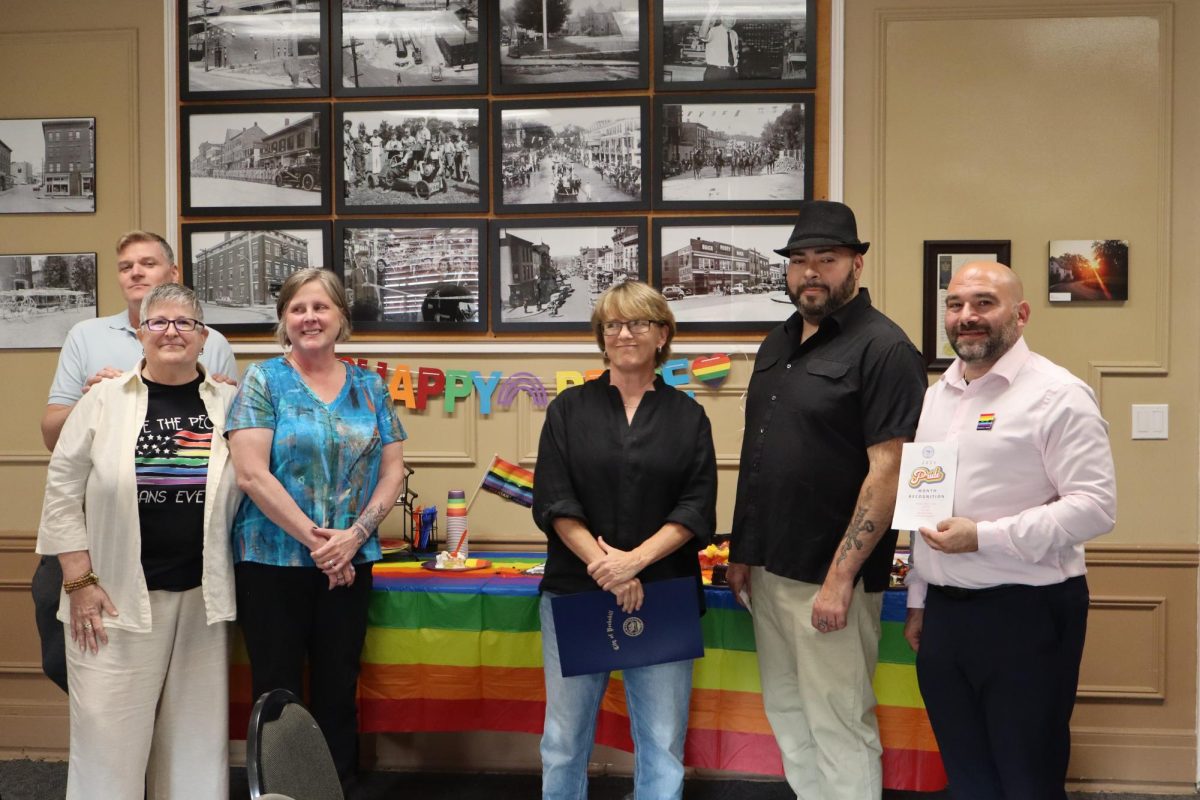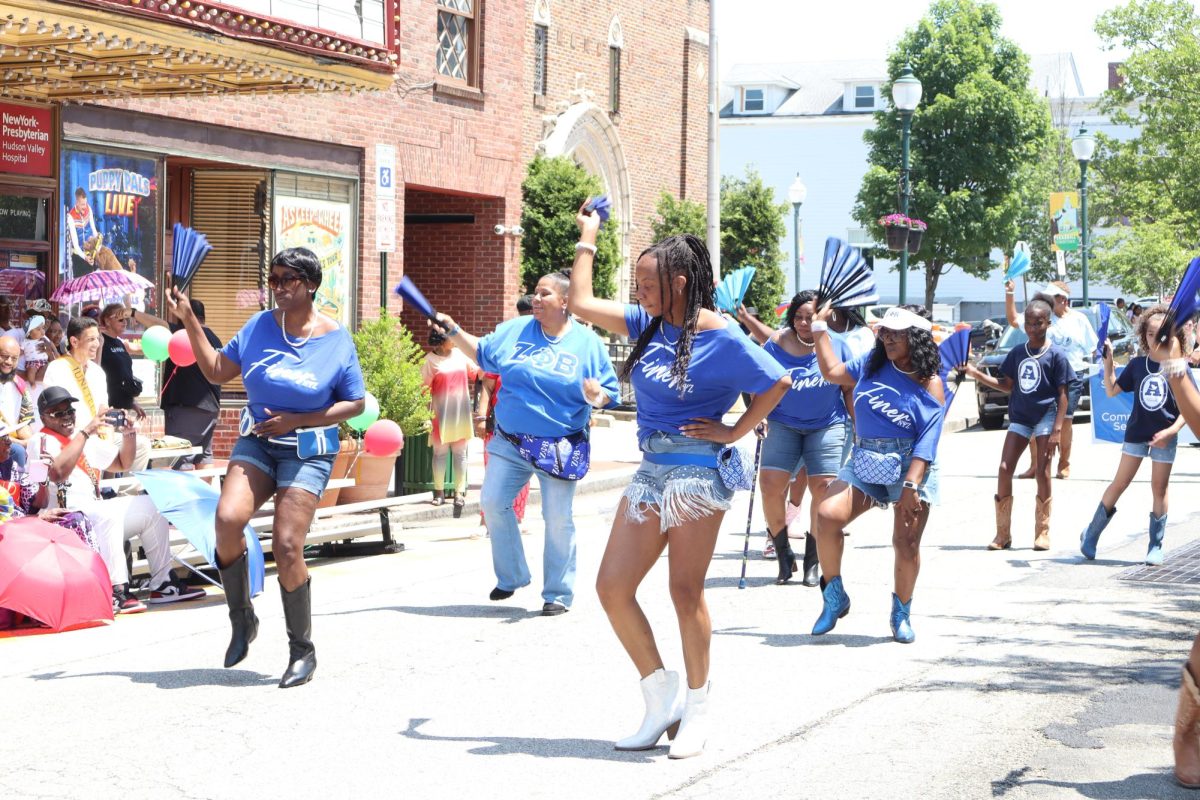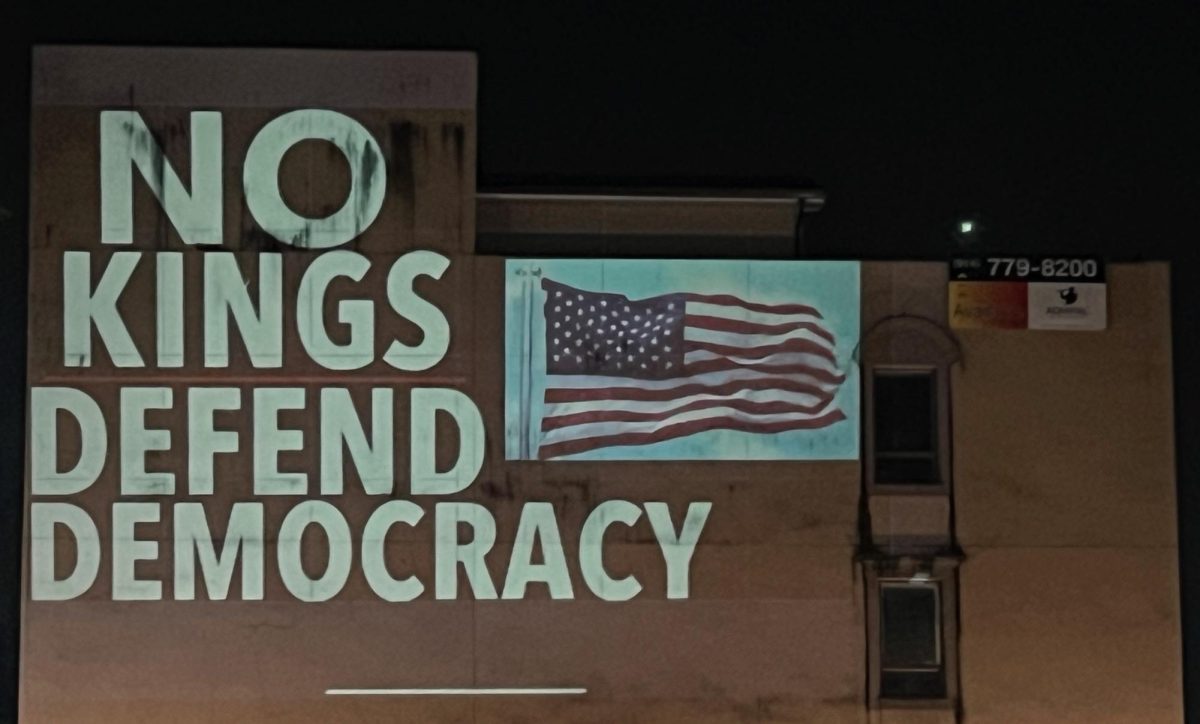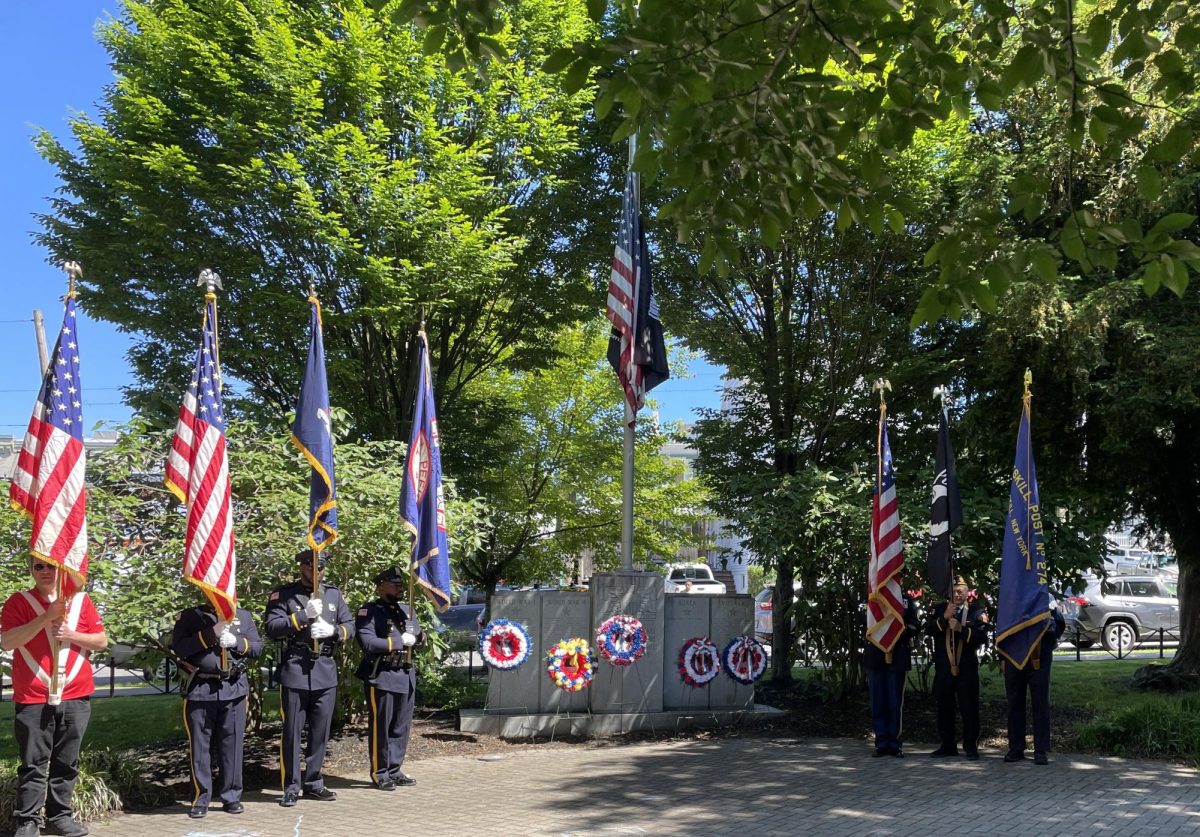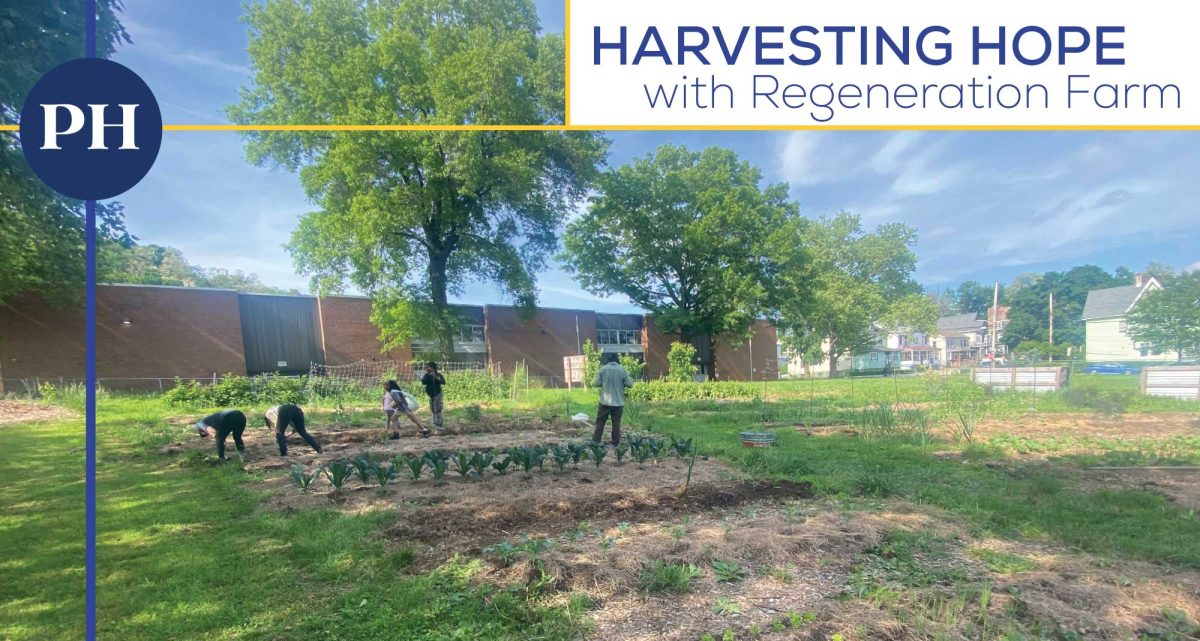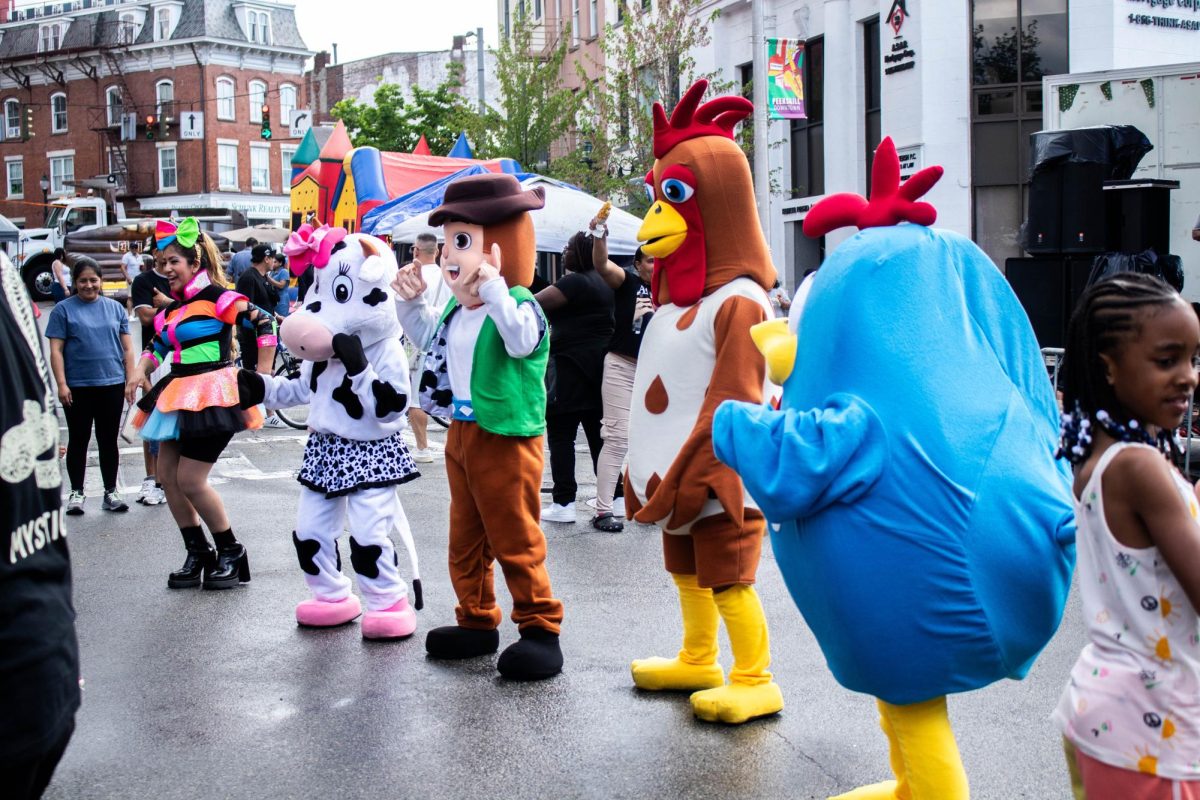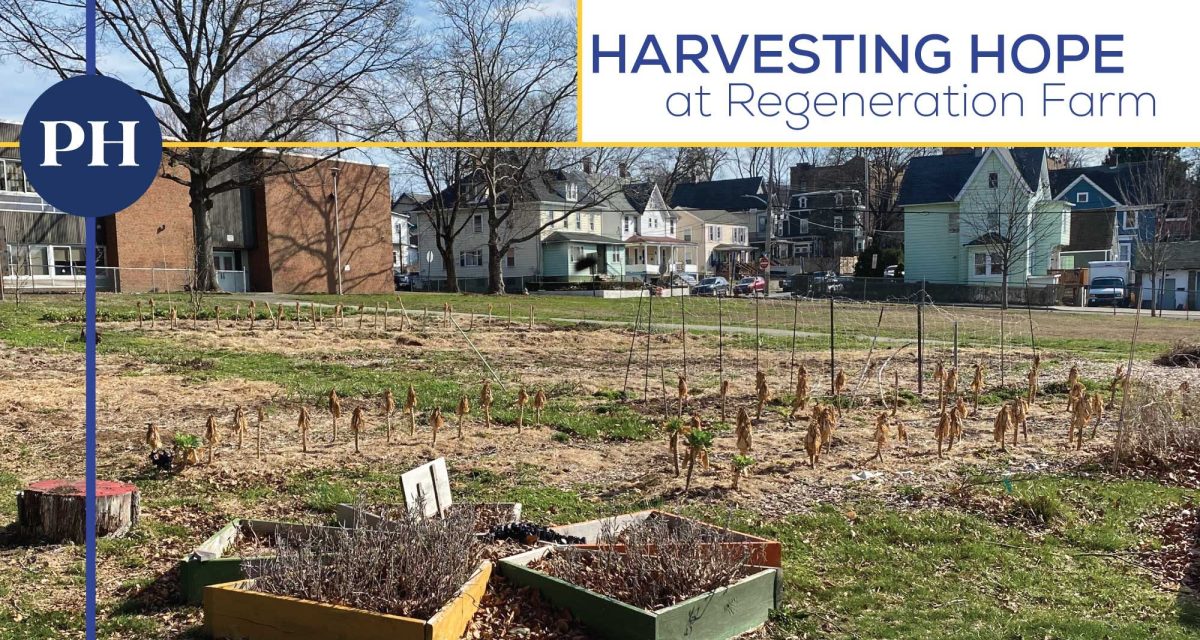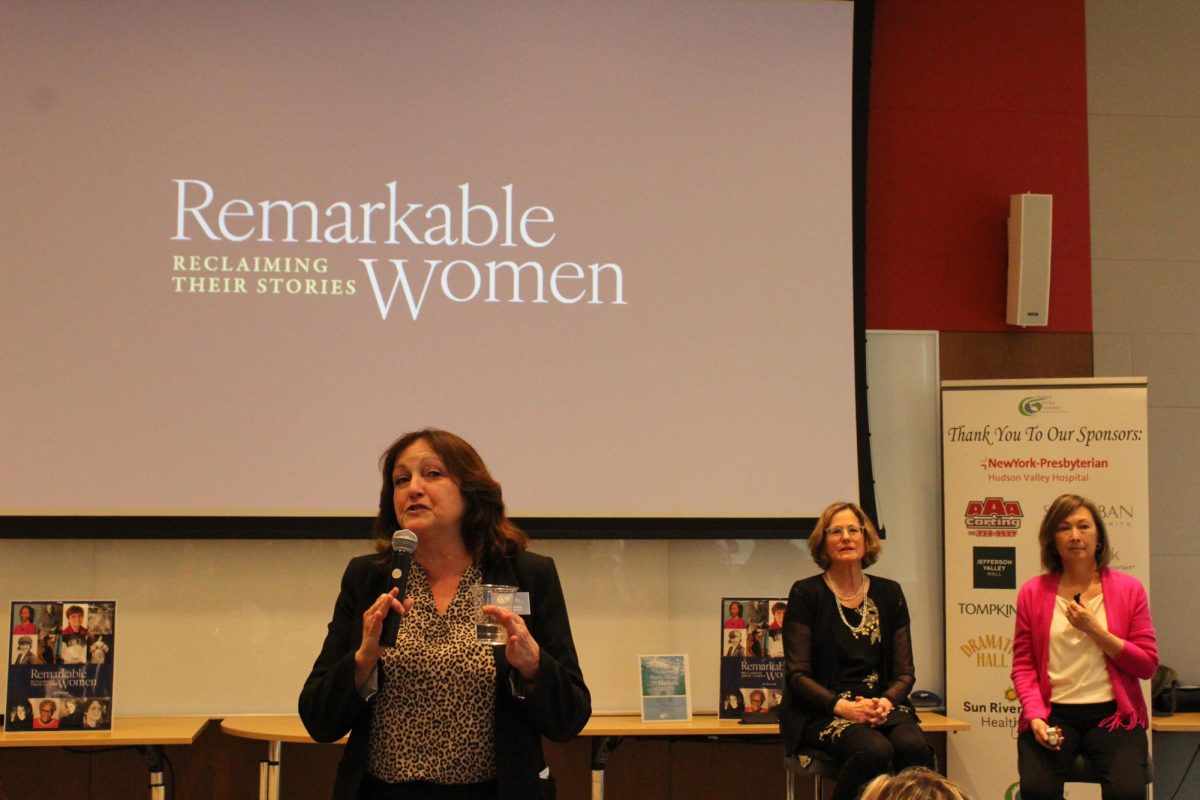Passionate about nature and saving the monarch butterfly, Peekskill resident Jack Cook, 87, is on a mission to designate Peekskill’s two-and-a-half-mile Riverfront Walk as a Pollinated Pathway. Such a designation from the Common Council to name the walkway, from Lent’s Cove in the south to Annsville Creek Park in the north, a Pollinated Pathway would allow volunteers to plant and maintain milkweed which is the only plant a monarch butterfly can feed and lay eggs upon.  The beautiful gold, black and white striped butterfly is in real danger of extinction due to the eradication of the humble milkweed plant.
The beautiful gold, black and white striped butterfly is in real danger of extinction due to the eradication of the humble milkweed plant.
The monarch butterfly uses the Hudson River Valley as a highway on its two-way migration from Mexico to America’s East Coast. Unique in nature because it is the only butterfly that sustains an annual migration of more than 3,000 miles, the monarch depends on the milkweed plant for the entire cycle of migration. Butterflies want two things from a plant; nectar and a place to lay their eggs. Monarchs can get both on a milkweed plant.
Cook, a lifelong member of the Audubon Society and the Sierra Club, was keenly aware of the potential extinction of the monarch butterfly when he read a copy of the February/March issue of Boating on the Hudson and Beyond where he learned about designating municipal waterfront properties as Pollinated Pathways that host milkweeds and other plants. “Let me get involved,” was his first thought. He reached out to John Vargo, publisher of the boating magazine and a champion of the health and welfare of the Hudson River who put him in touch with Bob Walters who is the Pollinated Pathways program coordinator at the Beczak Environmental Education Center in Yonkers.

Peekskill city planner Jesica Youngblood met with Cook and Walters in the summer and they walked the riverfront trail and identified ten spots where milkweed was already growing wild. Saving the existing milkweed plants would save enormous time, money and effort in getting the plant properly recognized and established along the popular walkway. The two men returned with yardsticks they bought at Home Depot and signs and began identifying and tagging the clusters of the nourishing milkweed plants. Each yardstick had a number to designate which cluster it was, along with the phone number of Bob Walters so if there were any questions about the plant, he could be called. Much to Cook and DPW director Dave Rambo’s chagrin, five of the clusters were accidentally weed wacked by DPW workers this summer. That’s one reason why Cook wants the designation from the city so that staff can be trained in identifying the plants.
Cook says he has pledges of money and volunteers ready to plant, fertilize and maintain more milkweed along the pathway but can’t do anything until he has a designation from the city. The idea is a good one, but he’s not seen any specific proposal from Cook said City Manager Andy Stewart. “The city has invested a lot in sustainability and made some supportive changes in landscaping practices. I’m just curious about what more can be done,” said Stewart.
Cook, who will be the subject of a profile in the November/December issue of Boating on the Hudson and Beyond wrote a monarch butterfly manifesto in the publication’s July/August edition: “The monarch butterfly’s purpose in our ecosystem is to pollinate many flowering plants because they carry pollen from plant to plant after drinking the flower’s nectar which, in turn, assists the overall food chain. Eons ago milkweed was so abundant on the planet but that has changed with advances in agriculture and the introduction of insecticides and pesticides – and neat and tidy walkways.
Peekskill’s Riverfront Walk is one of the city’s greatest assets. A brilliant monarch butterfly convergence every spring as they return north where visitors could watch and take selfies would only enhance Peekskill’s Friendly City moniker.
An easy way to save the monarch butterfly is to plant more milkweed
November 5, 2020
More to Discover


